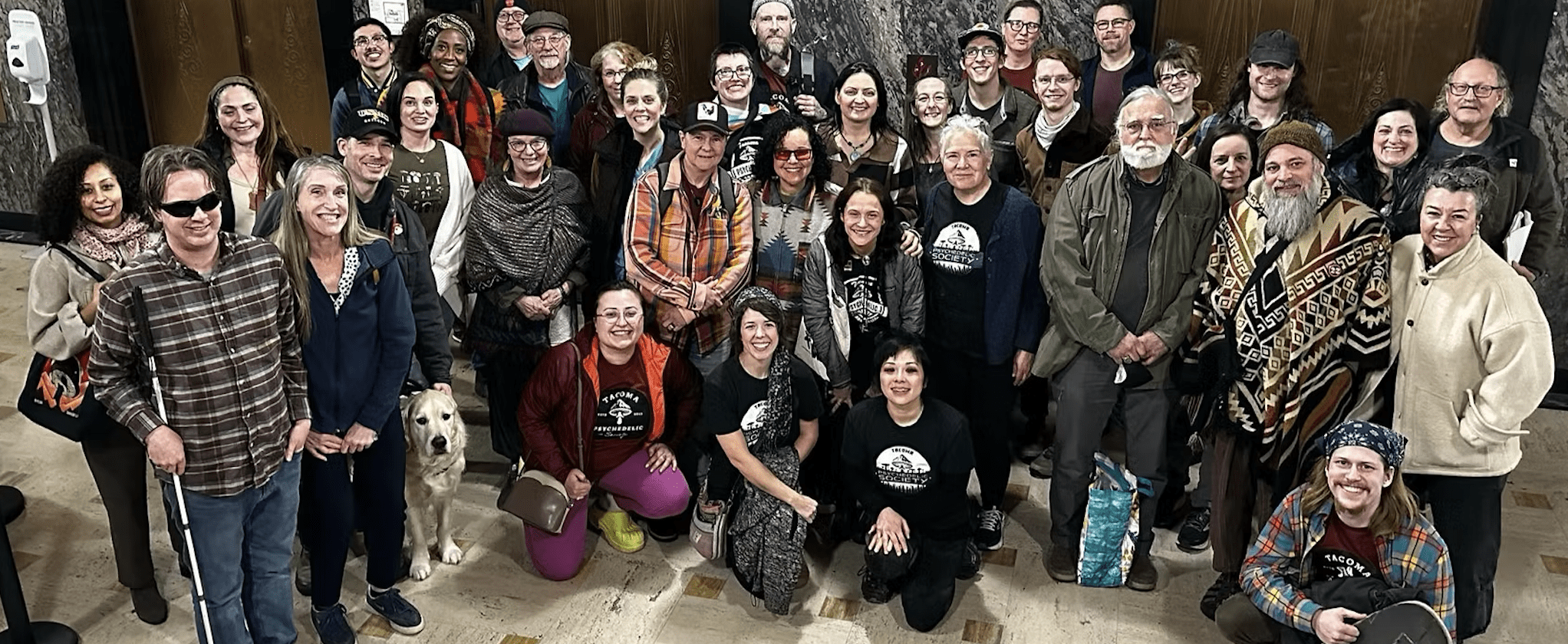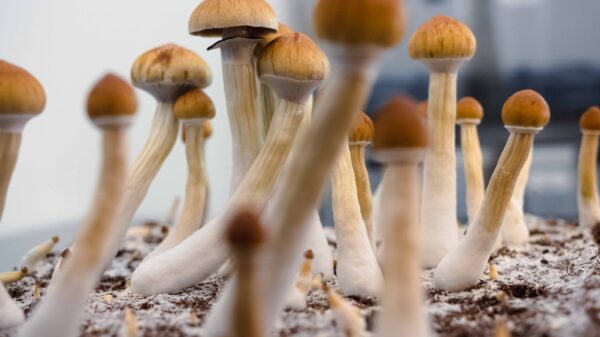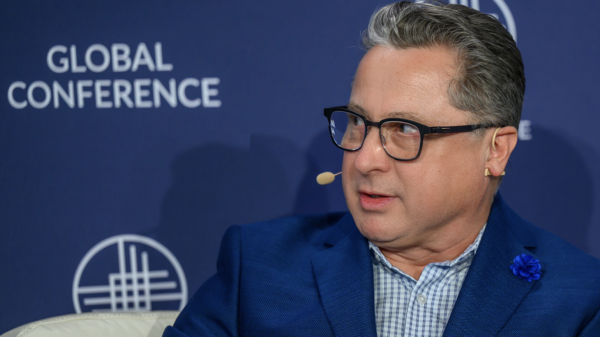Psychedelics and entheogenic plants have been steadily gaining acceptance for their healing properties in Washington, but not quite to the extent of Oregon or Colorado.
On Jan. 28, Tacoma joined Seattle and smaller state cities like Port Townsend and Olympia in making prosecution of people involved with these substances among the lowest priorities for local law enforcement. City Council unanimously passed a resolution approving this change.
At a public hearing last week, 21 people spoke in favour of psychedelic plant medicines, explaining that they were highly beneficial for treating PTSD and other disorders. Many of them were members of the Tacoma Psychedelic Society — a local advocacy non-profit.
“It also declares that the Tacoma City Council support decriminalizing entheogens in order to open doors to mental health treatment research,” Joe Bushnell, a member of the council, said at the hearing. “This resolution is a testament to our commitment to exploring innovative and compassionate approaches to mental health.”
Psychedelic plants, their derivatives, and fungi that authorities will now be turning a blind eye to include ayahuasca tea, mescaline-bearing cacti like peyote or San Pedro, iboga and psilocybin mushrooms.
“Any living, fresh, dried, or processed plant or fungal material, including teas or powders, that may contain currently scheduled or analogue psychoactive indolamines, tryptamines, or phenethylamines,” the resolution said, more specifically.
These natural psychoactive drugs are still considered Schedule I substances at the state level, for now.
Read more: Denver Shroom Fest set to return after successful debut in 2024
Read more: Colorado set to ring in new year with regulated magic mushroom therapy
Washington Legislature considers regulation bill today
State regulators are currently assessing Senate Bill 5201.
It would provide those 21 years or older with an approved means of accessing psychedelic therapies. The bill highlights how Oregon and Colorado have already approved legislation permitting the usage of these alternative medicines.
“Results from clinical trials reveal therapeutic administration of psychedelic substances to be a promising practice for the treatment of conditions such as substance use disorders, PTSD, treatment-resistant depression, obsessive-compulsive disorders, and other serious maladies,” the bill explained.
Washington authorities have been continually gaining interest in these treatment options as more clinical trial data emerges.
The state legislature called upon the University of Washington to examine the impact of psilocybin on veterans and first responders in 2023 after Senate Bill 5263 was signed into law.
This legislation, designated as the Washington Psilocybin Services Act, has helped set the stage for additional state-sponsored research on magic mushrooms and decriminalization at the state level.
It passed in a manner that did not legalize psilocybin but mandated more extensive studies.
rowan@mugglehead.com













